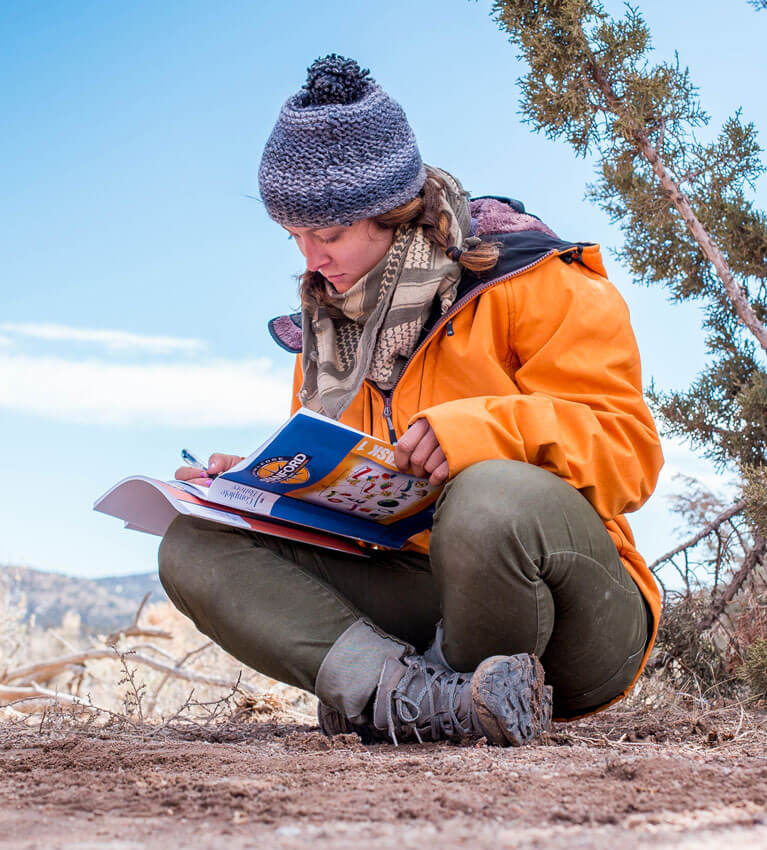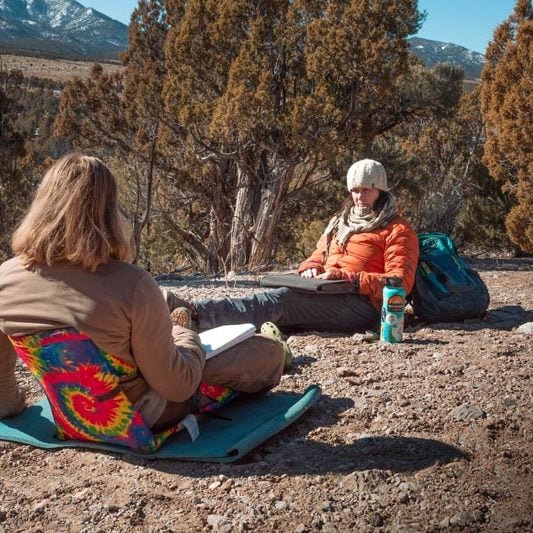Redcliff Ascent Has Demonstrated To Increase Academic Success Among Teens
One of the most commonly overlooked aspects of wilderness therapy is the role that it plays in a teen’s academic success. Research continues to support the wilderness being a powerful place to treat depression, anxiety, addiction, and maladaptive behaviors. However, the impact of wilderness therapy on academic success is just as significant.
Learn More:
Is wilderness therapy right for your teen?
The Forgotten Academic Benefits of Wilderness Therapy
Humans have utilized the wilderness environment as a place of healing for centuries. Long before the word “therapy” was attached to the end of “wilderness,” academic institutions had already identified the benefits it could have on their students.
Boarding schools used the wilderness experience as a character-building tool during the unstructured summer terms. They found that students who attended their wilderness experience appeared more mature and could better balance their academic demands.
Additionally, universities also discovered these benefits. One university found that students who attended their wilderness survival course achieved overall better performance in their schooling. As a result, they began offering the survival course in the summer as a remedial course for struggling students. When a student was on the verge of expulsion, they were instead given the option to take the summer survival course. Once completed, they would be given another chance at the university.
It is from these academic origins that the emotional, social, and familial benefits were later discovered and became the foundation of wilderness therapy.

Discover The Academic Potential Of Redcliff Ascent’s Wilderness Therapy!
For many troubled teens, academic difficulties have been either a major cause or a significant symptom of other internal struggles they experience. Academics are a major part of a teen’s life - their world revolves around it, similar to how many adults’ worlds revolve around their job.
At RedCliff Ascent, we utilize the academic portion of our phases to help assess and treat academic difficulties. Additionally, many students receive formal academic testing to screen for cognitive and learning disorders. Even for participants who do not experience any difficulties with learning or attention, academics can still be a significant stressor.
Part of the wilderness experience at RedCliff Ascent involves preparing students to be successful once they return to school. During their stay at RedCliff Ascent, teens continue to participate in academic work provided in our program. We equip them with positive academic experiences in addition to other confidence and relationship-building experiences they have in the field.
Theories on Academic Success and Wilderness Therapy
See What Sets Us Apart at RedCliff Ascent.
The Attitude-Behavior Theory emphasizes the student’s characteristics as the predictor of success. Three common characteristics that have been identified in academic success include self-confidence, resilience, and internal locus of control. These characteristics have a common theme - they are all focused on and developed through participation in wilderness camping and wilderness therapy. Wilderness has been proven to improve a teenager’s self-confidence, resilience, and internal locus of control. What does this mean? Put simply: the characteristics that have been found to be predictive of academic success are direct outcomes of wilderness therapy treatment.
Self-Theories of Intelligence states that having a moldable view of abilities and intellect in contrast with a fixed view of intelligence is predictive of academic success. For example: having a fixed mindset on intellect infers that if you are bad at math, you will always be bad at math. But, a malleable mindset regarding intellect helps the teen acknowledge that, through continued learning and work, they CAN be successful. When a student completes treatment at RedCliff Ascent, they complete a curriculum that includes reading, writing, and memorizing. Therefore, they are able to see themselves improving their intellect through positive learning experiences and hard work.
The Psychological Contract Theory states that students hold implicit beliefs about the relationships they have with their peers, faculty, and staff. Through RedCliff Ascent’s curriculum of building trusting relationships, we begin to explore the relationships that students already have with academic settings. RedCliff Ascent’s Narrative therapy approach allows teens to tell their stories in a safe and supportive environment. It is through exploring a teen’s life or narrative that we can begin to unpack the negative beliefs they hold about school and their academic abilities, thus promoting more healing.
Academic Program for Troubled Teens: Where Academic Success Comes Naturally.
RedCliff Ascent has a long, proven history of supporting academic success in teens. Even though many do not think of wilderness therapy as a place to treat academic underachievement, many have experienced the positive impact of wilderness on academics. Ultimately, there is solid logic and reason to believe that the wilderness has much to offer in school settings.
Every teen’s strengths and challenges are different. Complete the no-obligation assessment below to help us understand your family’s needs.
We respect your privacy. We will not share your information.
We’re here to help - take the first step and contact us to see if wilderness therapy could be the path to healing for your family.

